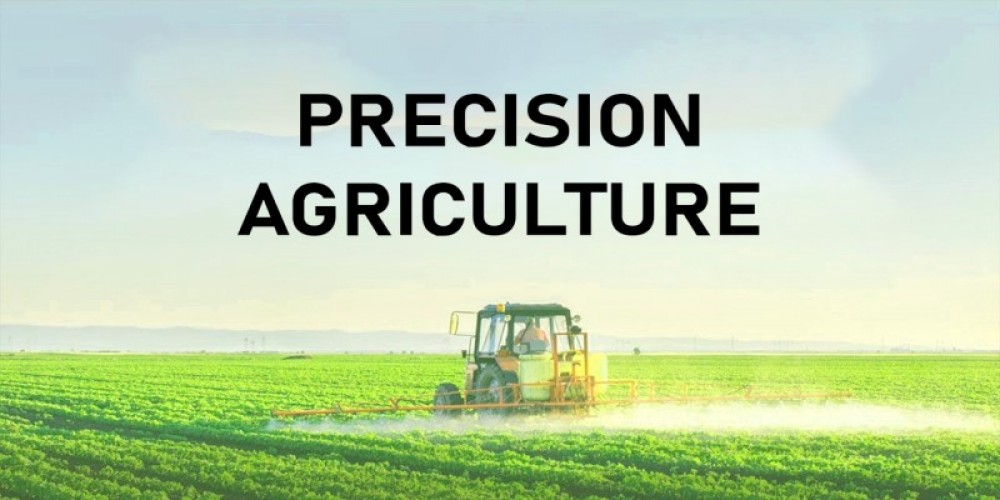
Precision agriculture is a modern farming approach that leverages advanced technologies to optimize crop yields, reduce waste, and improve efficiency. It involves using sensors, drones, GPS, and other technologies to collect data and create detailed maps of farms, enabling farmers to make data-driven decisions and take targeted actions.
The Benefits of Precision Agriculture
Precision agriculture offers several benefits, including:
- Increased Yields: By collecting data on soil moisture levels, nutrient content, and other factors, farmers can optimize crop growth and maximize yields.
- Reduced Costs: By using data to determine precisely when and where to apply fertilizers, pesticides, and other inputs, farmers can reduce waste and save money.
- Improved Environmental Sustainability: Precision agriculture enables farmers to apply inputs only where they are needed, reducing the risk of contamination and minimizing the impact on the environment.
- Better Time Management: By automating routine tasks such as watering and fertilizing, farmers can free up time to focus on other important activities.
Precision Agriculture Technologies
Several technologies enable precision agriculture, including:
- Sensors: Soil moisture sensors, temperature sensors, and other types of sensors provide real-time data on crop conditions.
- Drones: Drones equipped with cameras and sensors can quickly survey large areas of farmland and generate detailed maps.
- GPS: Global positioning system (GPS) technology enables farmers to track the movement of vehicles and equipment and create maps of fields.
- Automated Equipment: Automated equipment such as precision seeders and sprayers can apply inputs with precision and consistency.
Challenges to Precision Agriculture
While precision agriculture offers several benefits, there are also some challenges to overcome, including:
- Cost: Implementing precision agriculture technologies can be expensive, particularly for small-scale farmers.
- Data Management: Collecting and analyzing large amounts of data can be time-consuming and requires specialized skills.
- Connectivity: Precision agriculture technologies rely on connectivity, and in areas with poor connectivity, they may not function optimally.
- Privacy: Collecting data on crop growth and soil conditions raises concerns about privacy and data ownership.
Conclusion
Precision agriculture is an innovative approach to farming that has the potential to transform the industry. By leveraging advanced technologies to collect and analyze data, farmers can optimize yields, reduce waste, and improve efficiency. While there are challenges to implementing precision agriculture, the benefits are significant, and the future looks bright for this emerging field.









